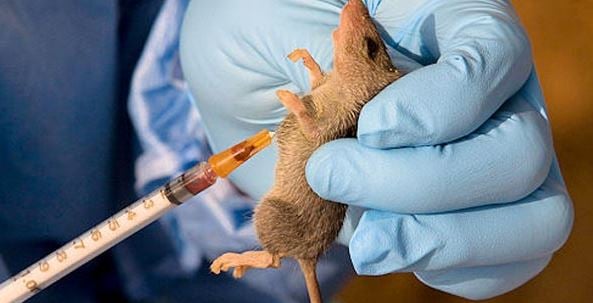The Nigeria Centre for Disease Control and Prevention (NCDC) has confirmed that Lassa fever has claimed 168 lives across 21 states in 2025.
In its situation report for epidemiological week 38, the agency reported 4,543 suspected cases, of which 897 tested positive. The case fatality rate currently stands at 18.7 per cent.
According to the NCDC, four states — Ondo, Edo, Taraba, and Bauchi—remain the epicentres of the outbreak, accounting for 67 per cent of all confirmed cases.
Ondo State has recorded the highest number of infections, followed by Edo and Bauchi. Other affected states include Ebonyi, Benue, Kogi, Gombe, Plateau, Kaduna, Nasarawa, Enugu, Delta, Anambra, Rivers, Borno, Oyo, Ogun, the Federal Capital Territory, and Lagos.
The report revealed that most confirmed cases occurred among individuals aged 21 to 40, with both men and women affected.
The NCDC explained that this age group is the most socially and economically active, which increases their exposure to the rodent-borne disease.

Lassa fever is an acute viral haemorrhagic illness transmitted to humans through contact with food or household items contaminated by the urine or faeces of infected rats.
Human-to-human transmission is also possible, particularly in healthcare settings without adequate infection prevention measures.
Although cases usually peak during the dry season, from December to April, infections have continued year-round. The NCDC warned that without stronger community awareness and control efforts, the disease will continue to pose a significant public health challenge.
Despite ongoing interventions, the current fatality rate of 18.7 per cent remains above the national target of below 10 per cent.
Some states, including Taraba and Bauchi, have reported fatality rates higher than the national average.
The agency emphasised that early presentation at treatment centres significantly improves patients’ chances of survival, as the antiviral drug ribavirin is most effective when administered promptly.
The NCDC stated that it continues to coordinate response activities, including enhanced surveillance, expanded diagnostic capacity, and support for treatment centres in high-burden states.
Community sensitisation campaigns are also underway to encourage preventive measures such as proper food storage, environmental hygiene, and avoidance of self-medication.
The agency further urged stronger collaboration among states, communities, and healthcare workers to control the spread. It advised citizens to store food securely, cover household waste, and limit contact with rodents—the primary carriers of the virus.
While Nigeria has made progress in detection and treatment, the NCDC cautioned that continued vigilance is essential, as Lassa fever remains a deadly threat across multiple states.


 Trending
Trending 








